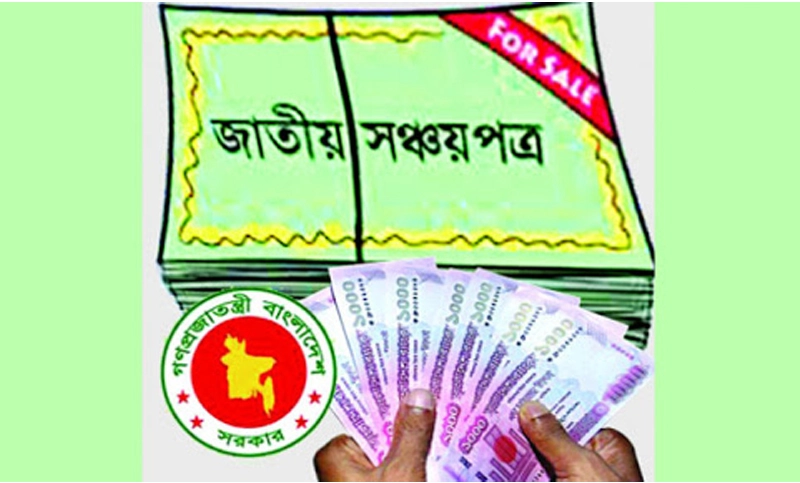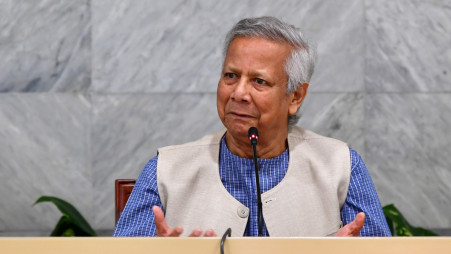Sales of savings instruments soared more than three times from a year earlier to Tk 19,044.9 crore in the first five months of the fiscal yea
The national savings certificates (NSC) are back in demand after a gap of a year as the shrinking bank interest rate on deposits for the expansionary monetary policy is sending savers towards the government’s savings instruments.
Most of the banks are collecting deposits at less than 4 per cent while the government is offering up to 11.3 per cent interest against the national saving tools.
Subsequently, sales of savings instruments soared more than three times from a year earlier to Tk 19,044.9 crore in the first five months of the fiscal year, according to data from the Bangladesh Bank.
The government has set a target of borrowing Tk 20,000 crore against savings certificates for fiscal 2020-21, meaning the amount would be reached less than halfway through the year.
The interest rates on deposits were supposed to be higher at this point: with the view to implementing the single-digit interest rate on lending, the government had fixed a 6 per cent interest rate on deposits from February last year.
Then the global coronavirus pandemic barged in and upended all plans.
With the view to steering the economy away from a steep downturn, the BB rolled out a vastly expansionary monetary policy for fiscal 2020-21 in July last year, which flooded the market with liquidity, meaning the banks had less of a demand for savers’ funds.
At the end of September, excess liquidity in the banking sector stood at Tk 169,658 crore, which is the biggest in at least two years, according to data from the Bangladesh Bank.
At the same time, the government too has an incentive to sell as much of its savings certificates that it can: the pandemic has shrunk its revenue stream and also raised its expenditure, so it had to look elsewhere for funds.
In the first four months of October, the National Board of Revenue collected Tk 66,555 crore, up just 1.1 per cent year-on-year. The amount is Tk 20,445 crore short of the target for the four months of fiscal 2020-21.
So, the net sales of saving certificates increased despite tightened rules and regulations relating to an investment in saving tools.
Savers are diverting their money to the NSCs due to the lower yield on bank deposits, said Agrani Bank Chairman Zaid Bakht.
As of November last year, the weighted average interest rate on deposits of banks stood at 4.6 per cent, in contrast to 5.7 per cent a year earlier.
Banks offer very lower interest against their deposits products owing to the excess liquidity in the banking sector, said Zaid Bakht, also the research director of the Bangladesh Institute of Development Studies (BIDS).
Although the country’s stock market is having a good run, people’s confidence on the bourse is not as high that they would consider it as an alternative to bank deposits yet, he said.
“People always consider saving certificates as a safe investment,” he added.
The lack of demand for funds for the ongoing economic downturn as a result of the pandemic and the expansionary monetary policy announced by the central bank in July has brought down the interest rate on deposits, said Syed Mahbubur Rahman, managing director and chief executive officer of Mutual Trust Bank.
The expansionary monetary policy pushed up excess liquidity in the market, he added.
Last fiscal year, the government's borrowing from savings certificates dropped 71.1 per cent to Tk 14,428.35 crore owing to a number of regulations attached to lessen the borrowing from high interest-bearing instruments.
In the budget for fiscal 2019-20, the government had imposed a 5 per cent tax at source on the interest income from NSCs worth up to Tk 5 lakh.











